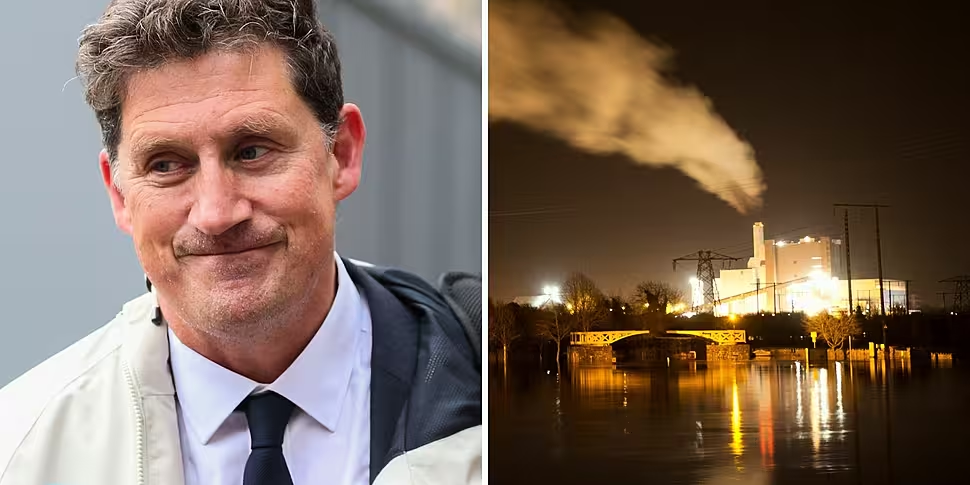Ireland's budgetary watchdog says the Government has no proper estimate for how much its Climate Action Plan will cost.
The plan, published in November, envisages enormous societal changes such as a massive shift to electric cars.
It has also set sectoral targets all across the economy as part of efforts to ease global warming.
This includes electricity, transport, agriculture, industry, buildings and forestry.
However the Irish Fiscal Advisory Council (IFAC) says it has not been properly costed.
In a fiscal assessment report, it says: "It is unclear how major commitments on health and climate change fit into the Government's medium-term strategy and the over-reliance on corporation tax needs to be addressed.
"The costs of Slaintécare have not been updated since 2017, and there is no estimate of the budgetary cost of implementing the Climate Action Plan".
The watchdog also says domestic demand returned to 2019 levels this year, and forecasts show the deficit will narrow sharply to 5.9% of national income in 2021.
Into 2022, it notes the Government stuck to a planned €4.7bn budgetary package - adding: "This strikes an appropriate balance between supporting the economy and keeping the public finances on a sustainable path.
"The Government has taken welcome steps to develop a more credible budget strategy for the coming years", IFAC says.
But it says it now needs to follow through on its strategy.
"The strategy could be strengthened by setting spending ceilings for each department as legally required," it explains.
"The 5% spending rule could be linked more closely to the domestic fiscal rules, expanded to cover non-exchequer spending and tax changes, and given legal backing."
'We've got no idea'
IFAC chairman, Sebastian Barnes, says more detail is needed on the Climate Action Plan.
"There's really no analysis of the economic and the budgetary impact that the Government expects it to have.
"Quite a lot of that is probably capital spending, that's already built in the National Development Plan.
"So it's not like the whole thing has to come from the Government, but the Government does need to set out what it's plans are.
"This is a big change the Government's trying to engineer in the way the economy works."
On Slaintécare, Mr Barnes says they are in the dark after 2022.
"The big questions we don't know [are] whether those 2017 figures are still the right ones.
"We suspect they're probably not, not least because just the general level of health spending has gone up a lot over that period.
"This takes us into 2022 - which is what they've told us - but beyond that, we've just got basically no idea of what it would cost".









